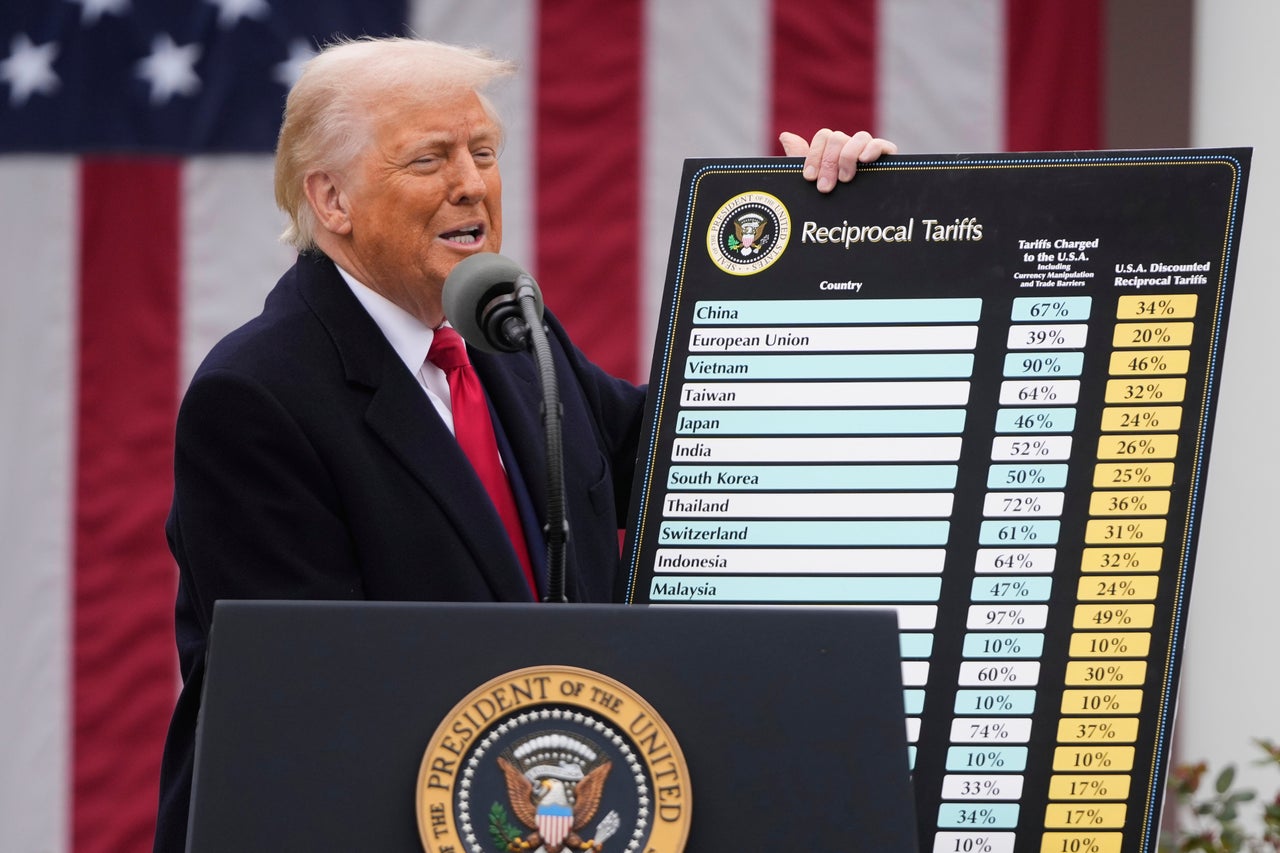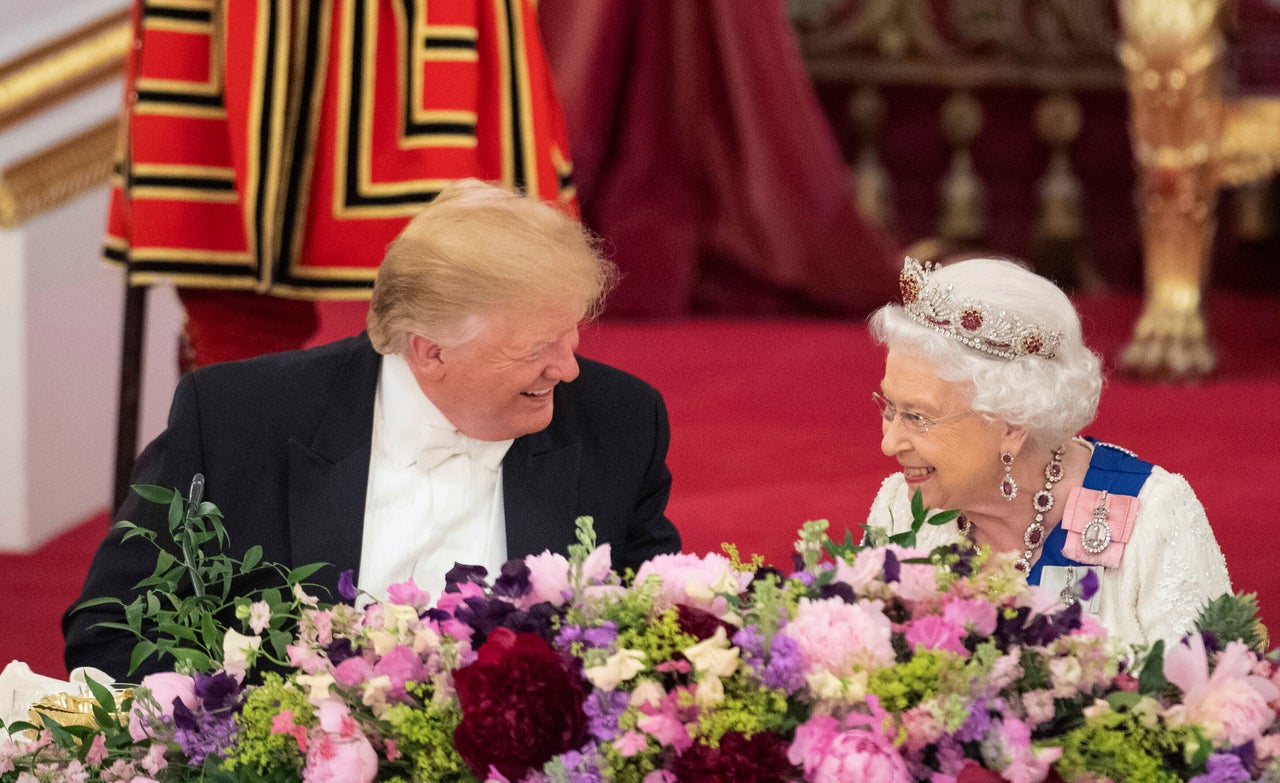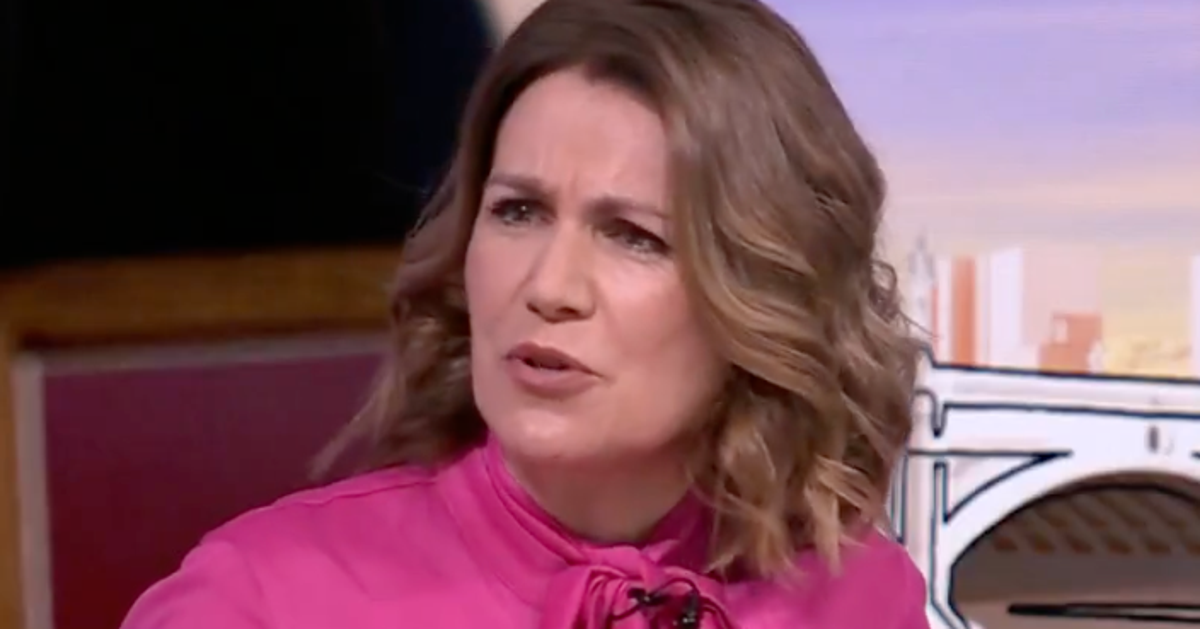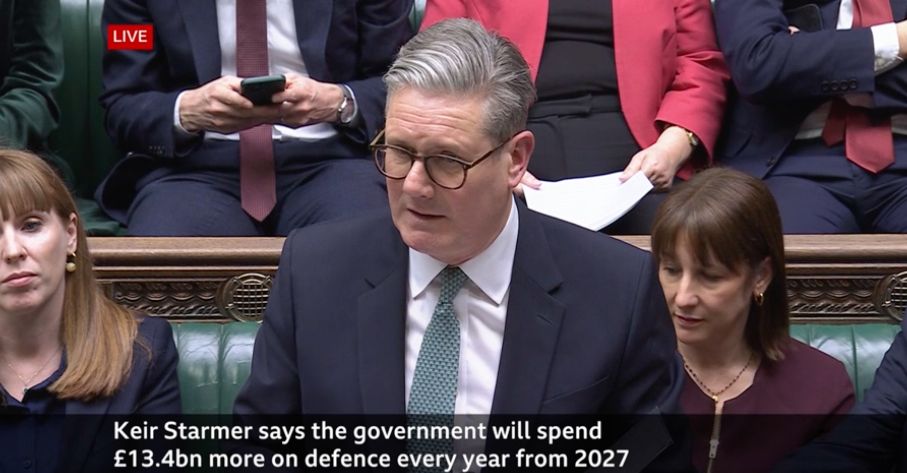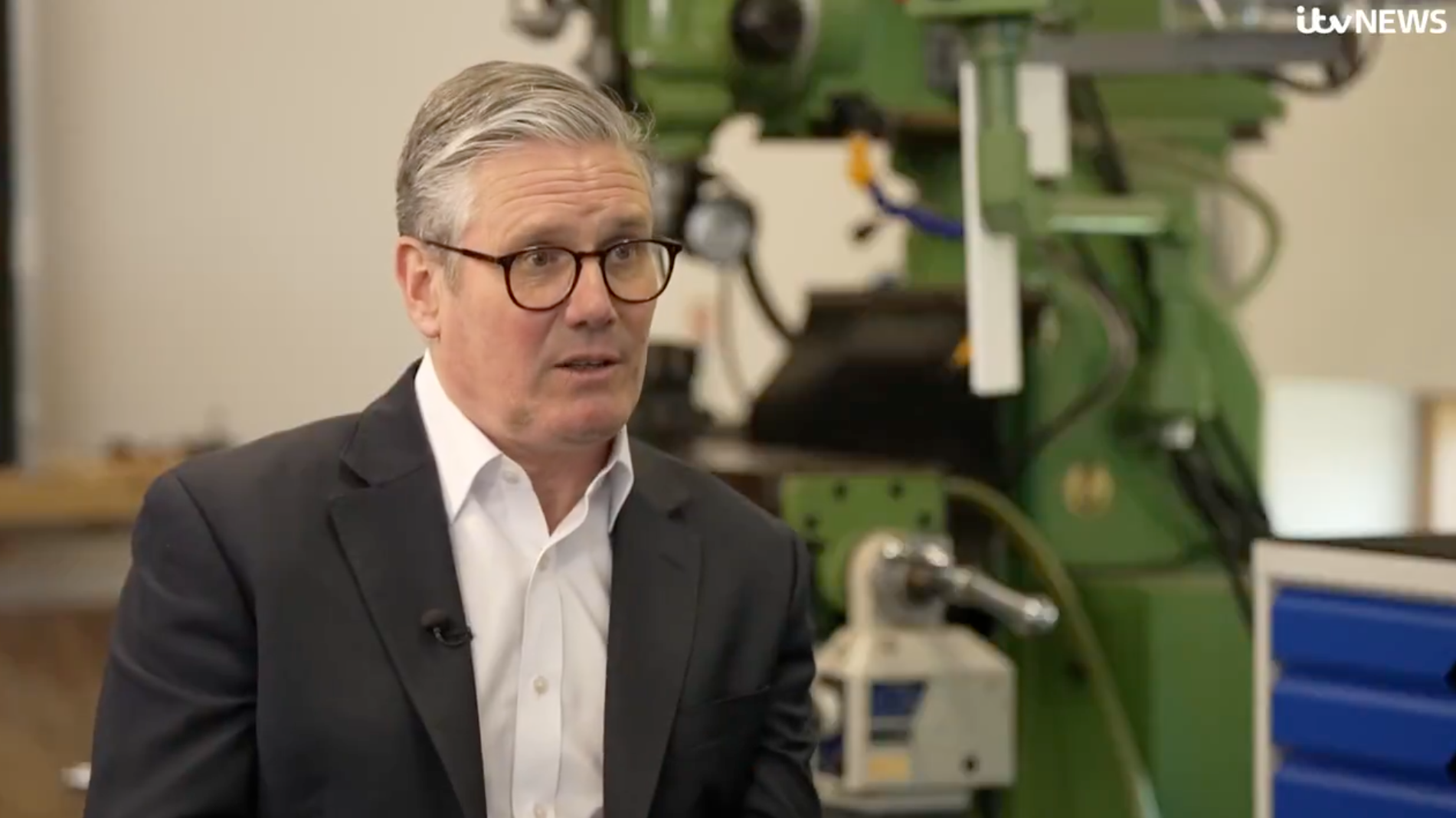
Keir Starmer has warned that it is not “enough” for the UK to secure “any” US trade deal in a bid to get reduced tariffs, as the global economic turmoil rumbles on.
Donald Trump announced global tariffs on foreign goods going into the US on April 2.
The UK was hit with only the “base rate” 10% tax on its imports, but it came on top of the global levy of 25% on cars and steel products.
Advertisement
Still, the Labour government have avoided publicly condemning the dramatic move from the White House.
Starmer is hoping to secure a trade deal with the US before May 1, which – ideally – would see the UK secure exemptions to the tariffs in exchange for some British concessions.
If the deal is not across the line by the end of the month, Starmer has warned he may look to issue reciprocal tariffs on the States.
Advertisement
Speaking on Wednesday, ITV News’ Robert Peston asked the prime minister just what he wanted out of the tariff chaos.
He said: “Do we have to have 10% forever, you know, you’re obviously keen to get the 25% on cars and steel down, but is the 10% permanent?”
“Look, I don’t know,” Starmer replied.
“We are negotiating and we hope to improve the situation, but what I mean by this is that simply thinking that any change in the rates or any deals is going to be enough, to my mind is wrong.
Advertisement
“Because just as we’ve done with defence and security, where we’ve recognised it’s a changing world, we’ve got to step up and act differently.
“In that case with defence spend, coordinating better across Europe, so too with trade and the economy.”
While emphasising this is not a “passing phase” the world is going through, he also refused to call on Trump to reduce the 104% levy on China.
Advertisement
He said: “I’m not going to engage in diplomacy through the media, but I mean I’ve been clear that throughout that a trade war is in nobody’s interest.”
Peston tried again, and asked: “For America, this looks like a Liz Truss-style financial crisis.
“The price that America pays to borrow is soaring and we’ve been infected.
“I don’t know if you’ve been told this, but the government’s borrowing costs are now the highest since 1998. He’s harming us. Surely you’ve got to say to him, ‘stop, change course’.”
But Starmer still refused to make any public statement against Trump’s economic policy.
He also told ITV News he would not follow Truss’s example of “putting to one side rules and institutions, checks and balances” by changing the government’s own fiscal rules.
Advertisement
When Labour got into office, chancellor Rachel Reeves promised she would not borrow for day-to-day spending.
Despite the growing pressure on the struggling British economy, he said these are still “ironclad” ideas.
He added: “Those fiscal rules are foundational to the stability that we brought to our economy, so we go ahead in that calm way, obviously we’re talking to the US to see what we can do to mitigate the situation.”
Advertisement
Starmer said it was important to be “calm” and “pragmatic”, focus on “turbocharging” the UK economy and “talking to other world leaders about lowering trade barriers across the world”.
He rejected any suggestion the public spending may have to be cut again or taxes may have to rise in the autumn as a result of the struggling markets.
“I don’t accept the proposition that it’s inevitable things will happen in six months’ time,” the PM said.
Advertisement



